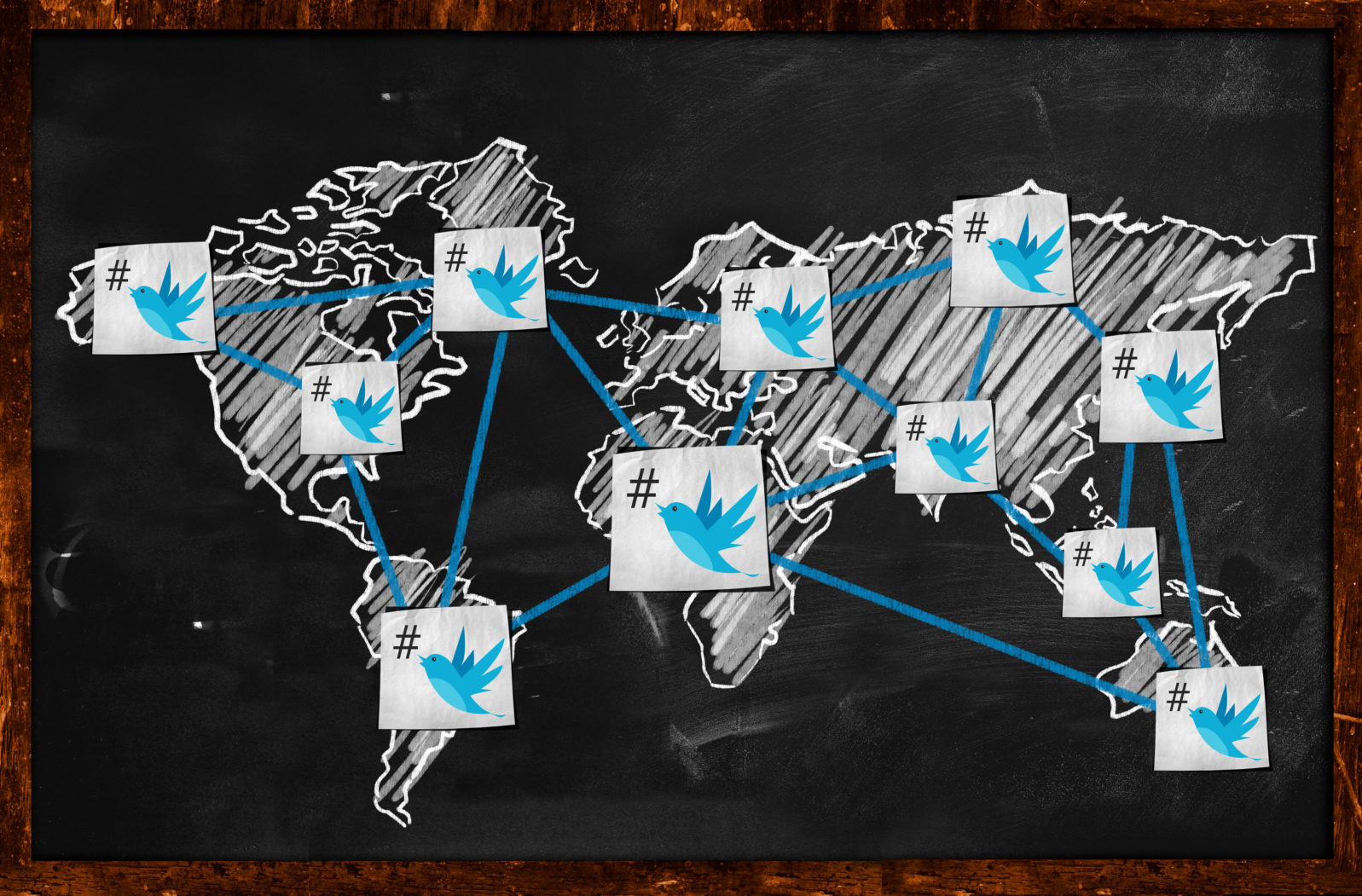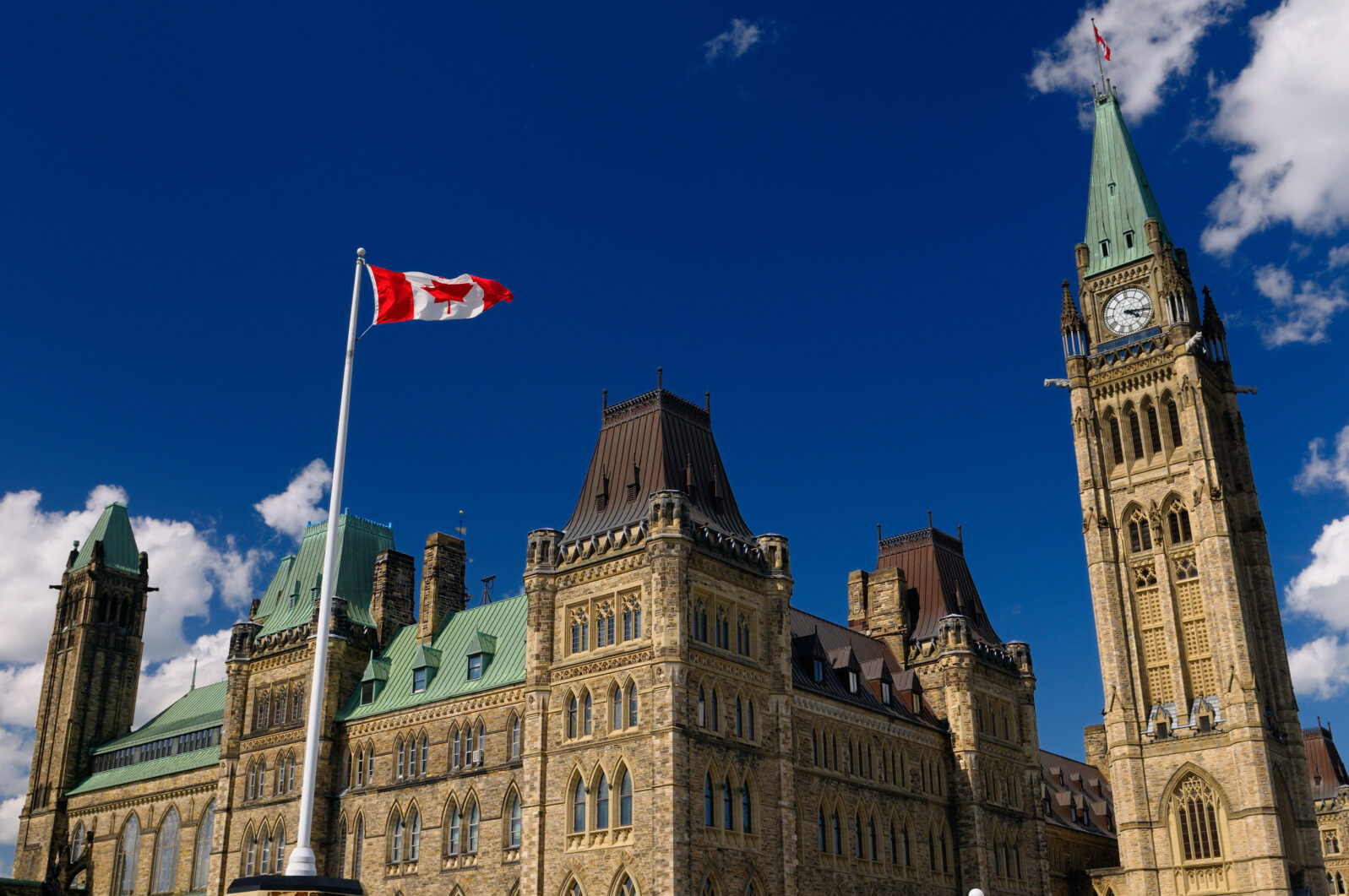When Government Manages the News Business: Canada Tried That…
Any comprehensive censorship regime requires that the government begin by managing the news businessIn this series, I’ve been looking at the way traditional media, clinging to survival, can’t really fight censorship any more and may even espouse it.

Of course, any comprehensive censorship regime requires that the government manage the news business. The American government has not tried openly — legislatively — to manage it. Its actions have been covert instead, as in the case of the Twitter files disclosures. Not so in Canada, where government has jumped right in, beginning with funding.
As noted earlier, as the world moves online, all legacy media have been losing both audience and public trust. One strategy to help them survive, pioneered in Germany, is to make big social media fund them to stay in business.
Making big social media pay its competitors
Ancillary copyright, as it is called, requires big social media like Google and Meta (Facebook) to compensate traditional publishers for the income they lose as the audience goes online and international. Canada has adopted this model with Bill C-18, passed last year, along with a companion bill regulating streaming, Bill C-11 .
The Online News Act (Bill C-18), which passed last June, requires Google and Meta to compensate Canadian news outlets when they share/repurpose news content. Google eventually agreed to do so (more on that later). But Meta simply cut off Canadians’ ability to share major media news online.
When big social media strike back …
Today, when I, a Canadian, try to share anything that Meta’s Facebook recognizes as news content — whether the Toronto Star or NPR — as soon as I hit Post, the following message appears:
This post can’t be shared
In response to Canadian government legislation, news content can’t be shared.
I could not have posted the link to Instagram either.
There is a workaround, to be sure. I can go to X (Twitter). Its new head, Elon Musk, is profanely uncooperative with shakedowns. So fine, I post the link there. Then I take the X link and post it successfully to Facebook.

Either Facebook doesn’t know about the X linkaround or doesn’t care. Either way, my readers are inconvenienced but not absolutely deprived. And luckily, small outfits like Mind Matters News and science PR sites like ScienceDaily are not subject to Meta’s news block. These sources naturally form the bulk of my news leads. But that Facebook block was certainly a wakeup call as to the way government can handicap the distribution of news when it chooses.
Prime Minister Justin Trudeau has charged that Meta’s response is “unacceptable”: “Canadians need to be able to access news. It’s fundamental to their democracy.” But of course, the block originated with Trudeau’s own demand that Meta help pay to keep its failing Canadian competitors alive; apart from that, Meta would never have bothered blocking news in Canada.
The law of unintended consequences
The way the money is divided is, not surprisingly, stacked in favor of big Canadian media with fulltime journalists, as opposed to small ones that rely more on freelancers.
Ironically, because they are less impacted by the blocks, smaller Canadian media may be growing in significance as sources of news. For example, my 5000 Facebook friends learned about the Twitter Files via Mind Matters News; Facebook would not have let me direct them to the venerable NPR.
Meanwhile, Canadians who would never otherwise have bothered to do so are investing in virtual private networks (VPNs), which conceal nationality, to evade the fallout from government news management, which some have begun calling the “Trudeaunet.”
Did government news management help the big media it was supposed to benefit?
In a move that Trudeau characterized as a garbage decision, the Canadian media conglomerate Bell Media announced plans last month to lay off 500 employees anyway and end 24 local newscasts.

The skinny: Google did agree to give Trudeau $100 million but the devil lurks in the details. University of Ottawa law professor Michael Geist explains:
… as everyone knows, Bill C-18 ultimately only generated a fraction of what was promised, with a single $100 million payment from Google shared among all sectors. Once the administrative costs and lost Meta deals are taken into account, that number is closer to $75 million, some of which is a re-allocation of existing Google money.
“The House of Cards Crumbles: Why the Bell Media Layoffs and Government’s Failed Media Policy are Connected,” Michael Geist, February 10, 2024
As it turned out, the global social media businesses could easily afford to give Canada little or nothing. Ironically, most Canadians may not even support more government aid to struggling big media. They are rated as less trustworthy than politicians in at least one poll! But, in fairness, as more people curate their own news online, often from much smaller, on-the-ground sources, fewer pay attention to big media.
Meanwhile, Trudeau’s government is pressing on predictably, now with attempts to regulate Canadians on the internet.
Next: The next steps in government news management: Canada’s online harms bill
